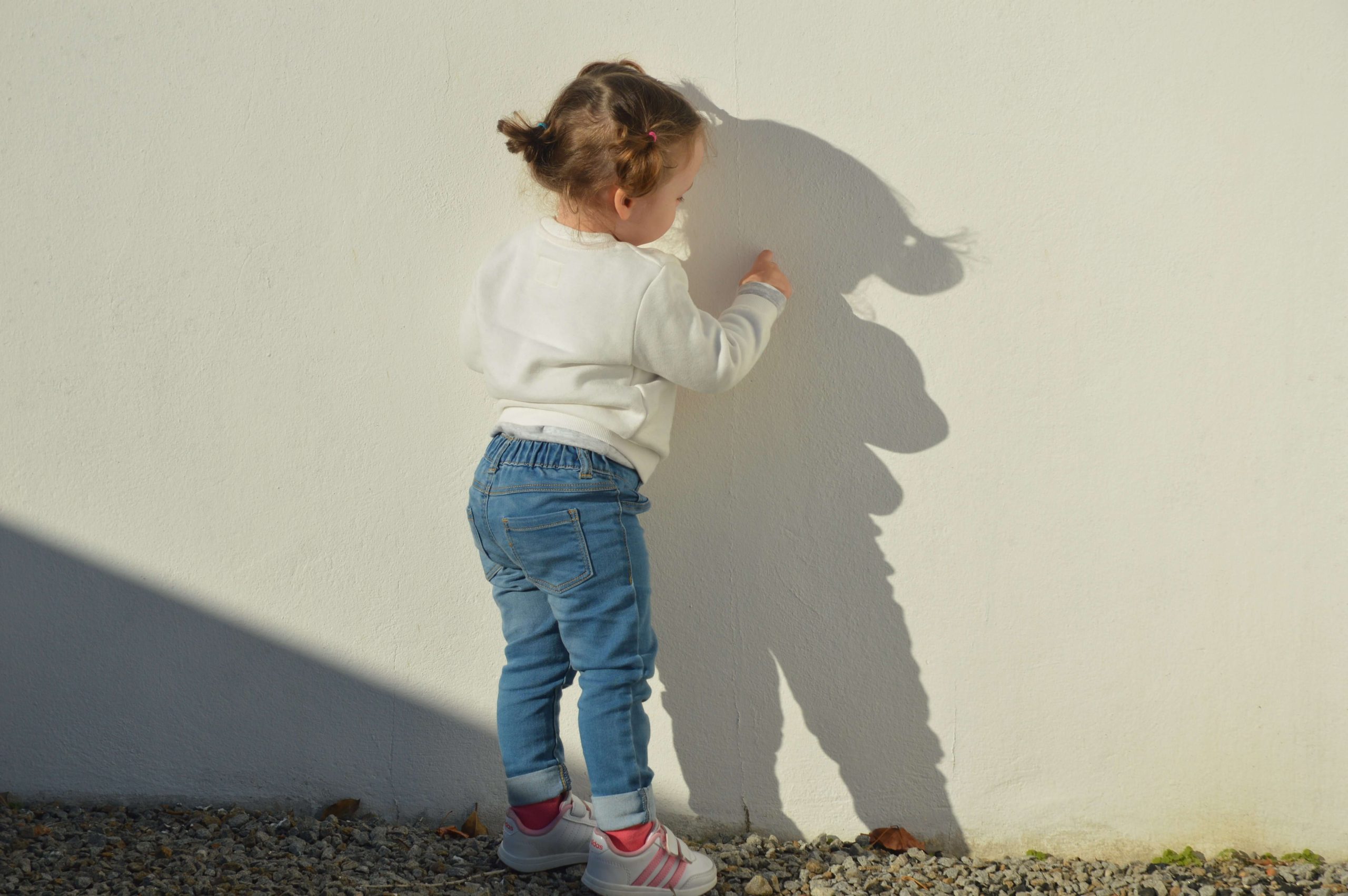Operant or instrumental conditioning is a method of teaching, particularly used in children which utilizes rewards and punishments for their behavior. It is important to take note that reward does not instantly equate to positive in the same way that punishment is not always negative. There is an association linked between behavior and the rightful consequence for each action. Positive means that you are adding something like increasing a behavior in reinforcement, while negative means you are decreasing a behavior through punishment. Reinforcements are done to add or increase the likelihood of a child’s behavior. On the other hand, punishment is done to decrease the frequency of certain behavior. However, the American Academy of Pediatrics (AAP) recommends that positive discipline strategies are the best and only way to discipline children, specifically toddlers.
Children have developmental milestones which they reach as they learn to play, speak, move, behave, and think independently. During their second year, toddlers are expected to be more self-aware and to be observant of their surroundings. This is the reason why these kids tend to explore more and examine the people and objects around them. In this stage, they also show visible signs of deviant behavior due to increased self-awareness and they tend to imitate the adults around them. Simple phrases are also expected from toddlers which also means that they can process simple instructions. With these pieces of information, it is only rightful that these precious ones receive positive discipline from their parents which can be done in different unique and loving ways.
Crown Asia, the premium arm developer of Vista Land and Lifescapes Inc. has been rendering its dutiful service to its homeowners for 25 faithful years. A part of its campaign is to ensure that their communities uphold valuable family relationships and make sure that every home is a sanctuary of love and is a safe space for every child.
Here Are Some of the Ways to Properly Discipline a Toddler in the Comforts of Your Home or Wherever You May Be:
Attention Is the Key

Children in their toddler years require attention and affirmation. Since this is a stage where they accomplish most first times and greater independence, parents need to be attentive about their child’s progress. If your child sees that you are keenly observing and appreciating what he does, he is more likely to repeat that behavior and watch for your reaction. This is an example of positive reinforcement where you increase the likelihood of repeating a behavior by affirmation. More so, if you are attentive enough, you may glimpse the weaknesses of your child. Upon observing what needs to be changed, instead of reprimanding, just show him how it should be done and allow him to repeat after you when he is ready.
Act and Use Words
When talking to toddlers, show a calm, composed, and bright demeanor. This is to show an example while they are still young. Use the exact, brief words when communicating and try to act it out as much as possible. Although toddlers can synthesize simple instructions and understand short phrases, their vocabulary and thought process will surely improve when they see how these words are converted or applied into action.
Spot On
Toddlers are appreciative and being able to spot them doing good is more than enough to discipline them and boost their confidence. Not only should they be praised when caught doing good but parents need to verbalize what they have done and why it is good. In this way, it is clear to a child what is good and what should be done again because the consequence turned out to be good.
On a different note, spotting them doing unhelpful things is also important because, at this age, they should start knowing what is right and what is not. However, parents should calmly but firmly explain why such action should not be done again.
Listen All the Time to Your Child

Toddlers may babble all the time but know that a part of their discipline is to be listened to. In conversations, allow them to speak freely and let them finish their thoughts. You can also supplement them by suggesting words and allowing them to process this word choice. Children at this age, though some are hardly audible, ask questions that may seem worthy of a shrug but they are waiting for answers and you have to lay bare your thoughts as simple and calm as possible.
Rules, Rules
Even at this age, children need to know what are the rules at home that they can follow so set realistic limitations for them. These rules must be explained in the simplest way possible so they will know when they are already crossing the lines.
Be Prepared for Rough Spots
Toddlers may not be excellent at expressing their feeling verbally. Most of the time, they might still be struggling to name, process, or understand a certain emotion so they will resort to having tantrums. They may also find it hard to transition from one activity to another which results in them acting out. When this happens, give them enough space to feel and express their emotions. When there is an opening, you can ask them to verbalize what they want. However, do not give in immediately. Allow them to reflect on their behavior and once they are calm enough, tell or show them how it should be done. Physical contact like hugs may also help in calming your child. After all, a parent’s warmth is the best help that the child needs when they are having a hard time.
Verbalize Your Love to the Child

Although a parent’s love may be expressed in different ways, expressing them to your child through words is an effective way to build healthy relationships and ensure discipline. This teaches them to use words when they feel an emotion and is also a method of teaching them to always express themselves clearly.
It is time that people, especially parents, see discipline as something more than reward and punishment. Discipline should root from what will serve the best interest of the children without instilling trauma. They should be doing things out of love and respect for parents rather than out of fear.
Related Blog: How to Handle Your Kids’ Tantrums


